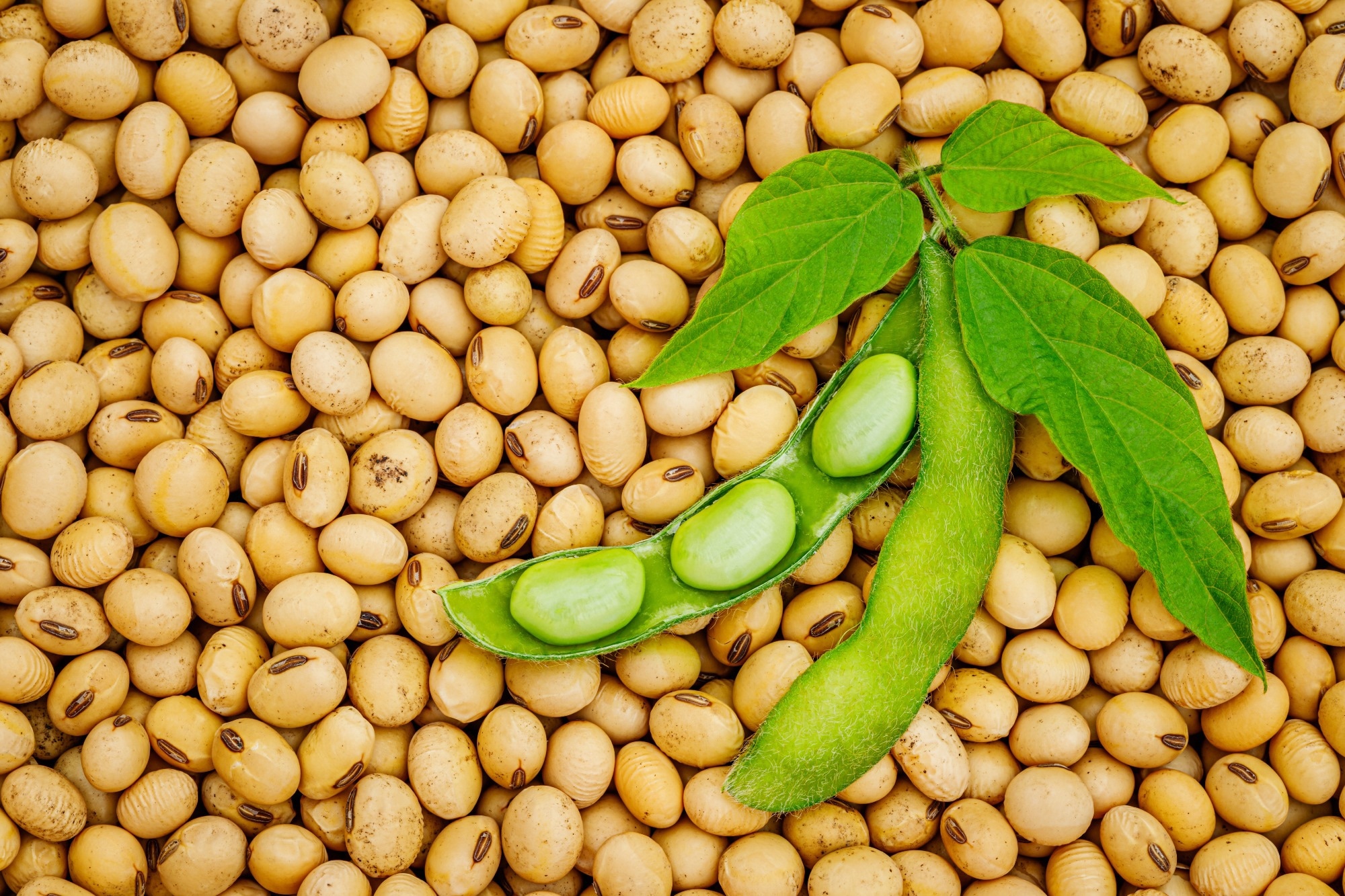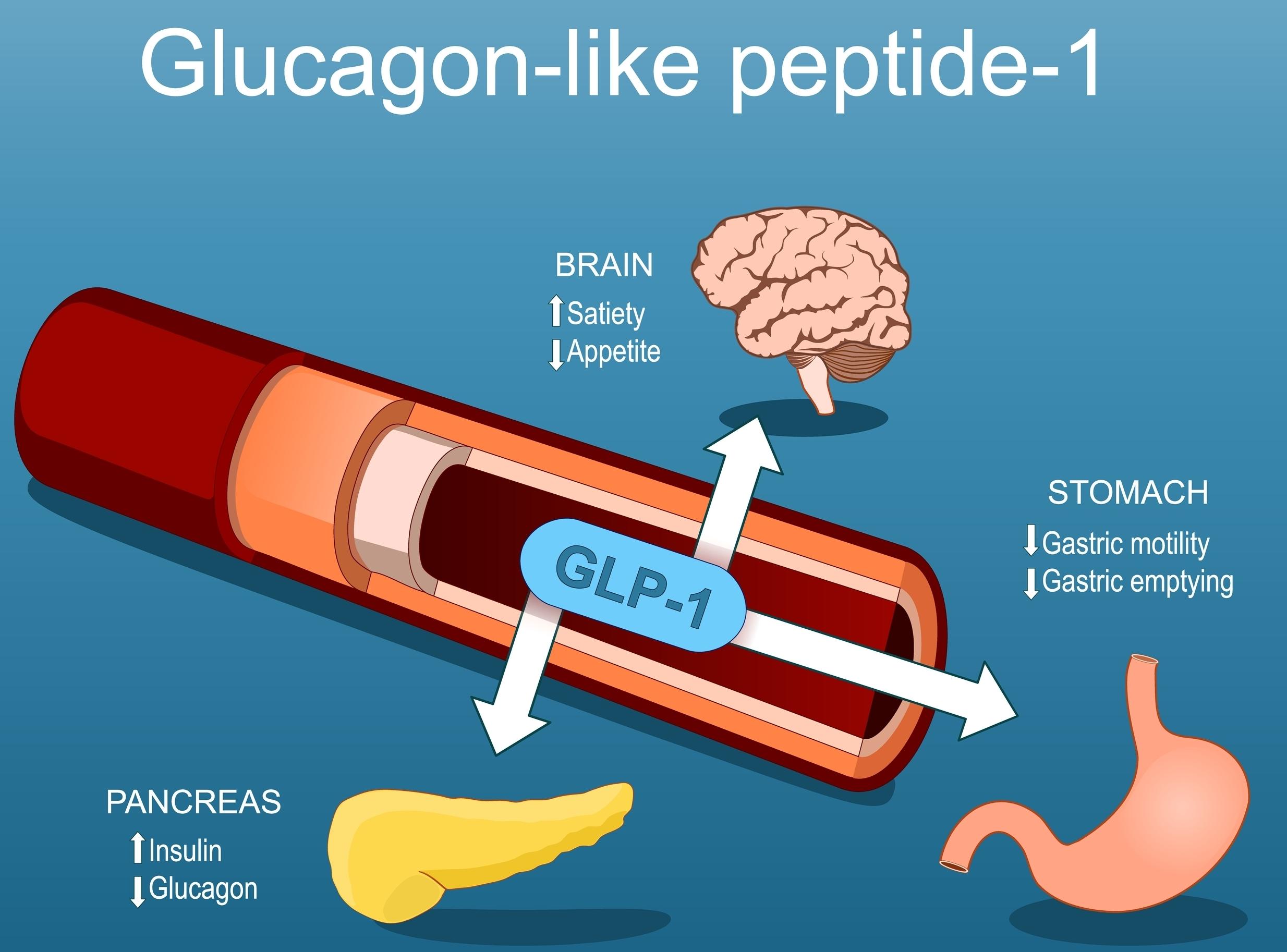How Can Soybeans Boost Your Protein Intake? Soybeans are a nutritional powerhouse, offering an impressive amount of protein and other essential nutrients. As one of the best plant-based protein sources, soybeans are an essential part of many vegetarian and vegan diets. Whether you’re looking to boost your protein intake, diversify your meals, or enhance your overall health, incorporating soybeans into your diet can provide numerous benefits. This article will explore the protein content in soybeans, their benefits, and how you can incorporate them into your meals.
What Are Soybeans?
Soybeans, also known as Glycine max, are legumes native to East Asia. They are a versatile food, consumed in various forms, from whole beans to processed products like tofu, tempeh, and soy milk. Soybeans are rich in essential nutrients, including protein, fiber, vitamins, and minerals. Due to their high protein content and amino acid profile, they are especially popular among vegetarians and vegans seeking plant-based protein alternatives.
Nutritional Breakdown of Soybeans
100 grams of cooked soybeans typically provide the following:
-
Calories: 173 kcal
-
Protein: 16-18 grams
-
Fat: 9 grams
-
Carbohydrates: 9 grams
-
Fiber: 6 grams
-
Vitamins & Minerals: Significant amounts of folate, vitamin K, iron, magnesium, potassium, and calcium.
Soybeans are also one of the few plant-based foods that provide all nine essential amino acids, making them a complete protein source. This is a key benefit for vegetarians who may struggle to obtain all the necessary amino acids from their diet.
Protein Content in Different Soy Products
Soybeans can be consumed in many forms, and the protein content varies depending on the product and how it’s prepared. Below is a breakdown of the protein content in common soy-based products.
1. Whole Soybeans (Edamame)
Edamame, or young soybeans, are commonly eaten as a snack or appetizer. They can be boiled, steamed, or eaten raw.
-
Protein: About 11 grams per 100 grams (shelled)
-
Calories: 122 kcal per 100 grams
Edamame is also high in fiber and low in fat, making it a nutritious and satisfying option.
2. Tofu
Tofu, also known as bean curd, is made by coagulating soy milk and pressing the resulting curds. It has a soft, spongy texture and can absorb the flavors of other ingredients in dishes. Tofu is available in various textures, including silken, firm, and extra firm.
-
Protein: Approximately 8-12 grams per 100 grams (depending on firmness)
-
Calories: 70-80 kcal per 100 grams
Tofu is an excellent protein source that is versatile and can be used in savory or sweet dishes, from stir-fries to smoothies.
3. Tempeh
Tempeh is a fermented soy product made by culturing cooked soybeans into a firm, dense cake. Its nutty flavor and firm texture make it a popular meat substitute in many vegetarian recipes.
-
Protein: Around 18-20 grams per 100 grams
-
Calories: 192 kcal per 100 grams
Tempeh is rich in probiotics due to the fermentation process, making it a great option for gut health.
4. Soy Milk
Soy milk is a plant-based milk alternative made from soaked and blended soybeans. It’s a popular choice for vegans, lactose-intolerant individuals, and anyone looking to diversify their diet.
-
Protein: Approximately 6-8 grams per cup (240 ml)
-
Calories: 80-100 kcal per cup
Soy milk can be used in smoothies, baked goods, and as a milk replacement in coffee or cereal.
5. Textured Vegetable Protein (TVP)
Textured Vegetable Protein, or soy protein, is a dehydrated soy product made from defatted soy flour. When rehydrated, TVP has a meat-like texture, making it a popular meat substitute in vegetarian and vegan dishes.
-
Protein: Around 25 grams per 100 grams (dry)
-
Calories: 350 kcal per 100 grams (dry)
TVP is extremely versatile, often used in chili, spaghetti sauces, tacos, and burgers.
Health Benefits of Soy Protein
In addition to being an excellent source of plant-based protein, soybeans provide a range of health benefits.
1. Supports Muscle Growth and Repair
As a complete protein, soybeans contain all nine essential amino acids, which are crucial for building and repairing muscle tissue. Whether you’re an athlete, a fitness enthusiast, or just looking to maintain muscle mass, soy-based products can support your protein needs effectively.
2. Heart Health
Soy protein has been shown to have a beneficial effect on cholesterol levels. Consuming soy protein may lower LDL (bad) cholesterol and improve HDL (good) cholesterol. Studies suggest that replacing animal proteins with plant-based sources like soy can support heart health by reducing the risk of cardiovascular disease.
3. Bone Health
Soybeans are a good source of calcium and magnesium, both of which are essential for strong, healthy bones. Studies have shown that the consumption of soy may help improve bone density, which is especially important for older adults and postmenopausal women, who are at higher risk for osteoporosis.
4. Weight Management
Due to their high protein content and fiber, soybeans can help you feel full and satisfied, which may assist in weight management. Including soy-based products in your meals can curb hunger and prevent overeating, making them an excellent choice for those looking to maintain or lose weight.
5. Rich in Antioxidants
Soybeans contain several antioxidants, including isoflavones, which may help reduce oxidative stress in the body. Isoflavones have been linked to a variety of health benefits, including reduced inflammation and a potential role in preventing certain types of cancer.
How to Incorporate Soy into Your Diet
There are endless ways to incorporate soybeans into your meals. Here are some ideas:
1. Snack on Edamame
Edamame is a quick and easy snack. Simply steam or boil the beans and sprinkle with a little sea salt for a savory treat.
2. Make Tofu Stir-Fry
Tofu can be sautéed or stir-fried with vegetables, tofu, and your favorite seasonings for a flavorful and protein-packed meal.
3. Add Tempeh to Salads and Sandwiches
Tempeh has a dense, hearty texture, making it a perfect addition to salads, wraps, and sandwiches.
4. Enjoy Soy Milk in Your Morning Routine
Soy milk can be enjoyed in coffee, smoothies, or used as a base for dairy-free smoothies and baked goods.
5. Try Soy-based Meat Alternatives
Consider using TVP or other soy-based meat substitutes in dishes like tacos, spaghetti Bolognese, or veggie burgers for a plant-based alternative to traditional meats.
In Summary
Soybeans are an exceptional source of plant-based protein and offer a wide array of health benefits, from supporting heart health to aiding in muscle repair. Whether you prefer tofu, tempeh, edamame, or soy milk, there are plenty of ways to incorporate soy into your diet and meet your nutritional needs. As a vegetarian or vegan, adding soy products to your meals can ensure you’re getting enough protein while also reaping the numerous health benefits that soy has to offer.



